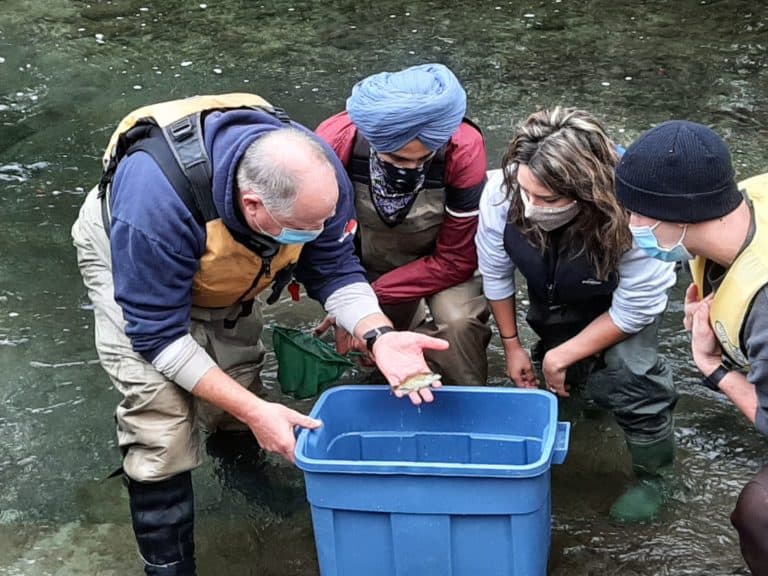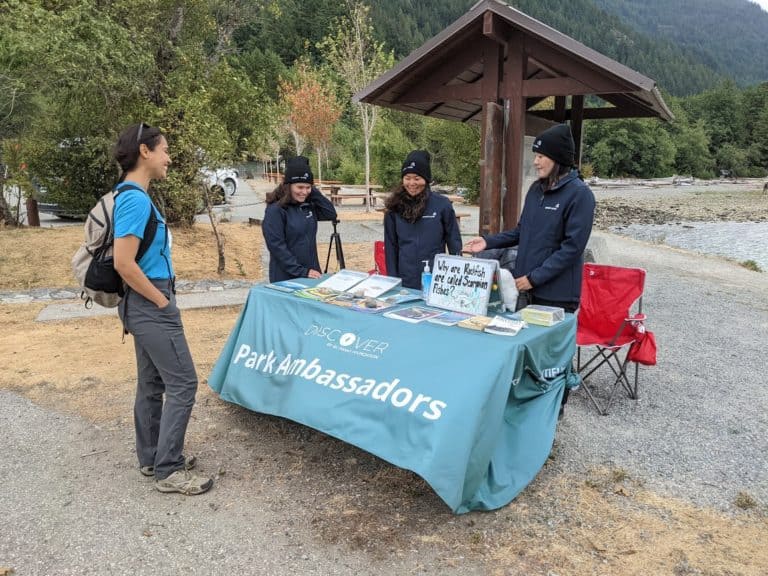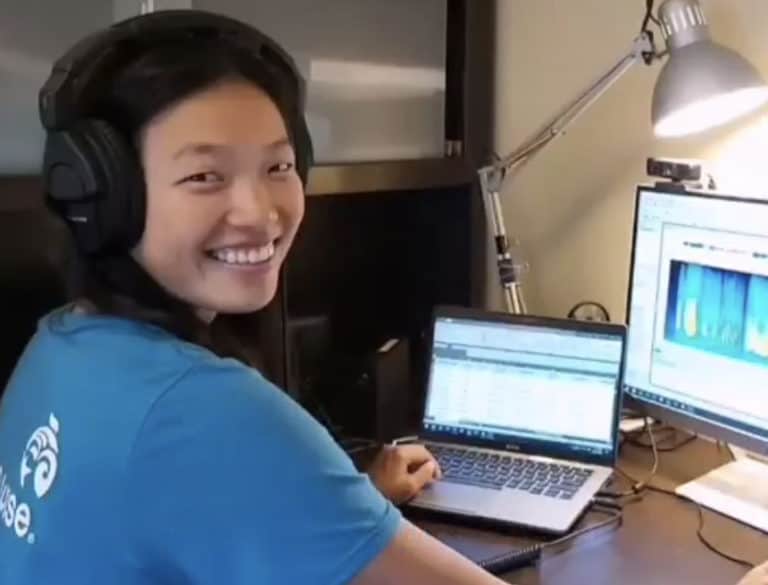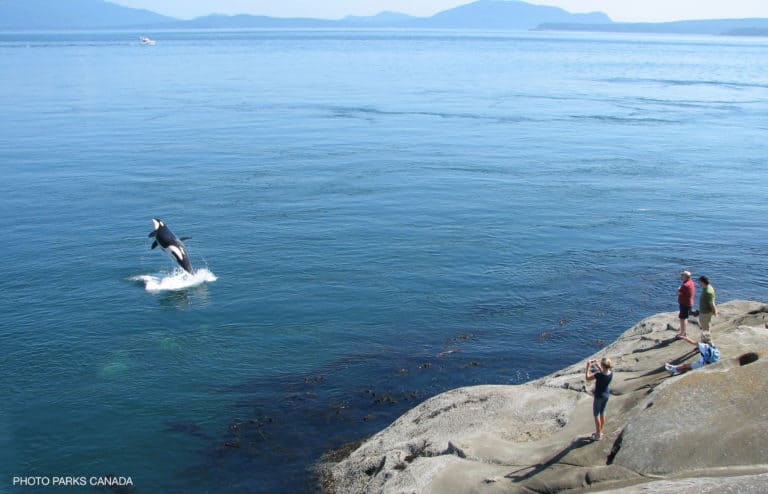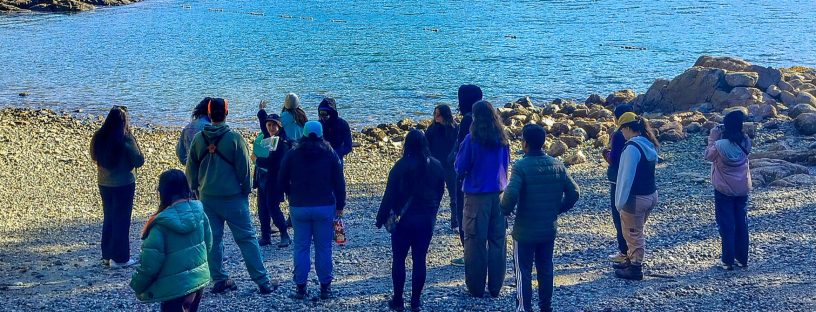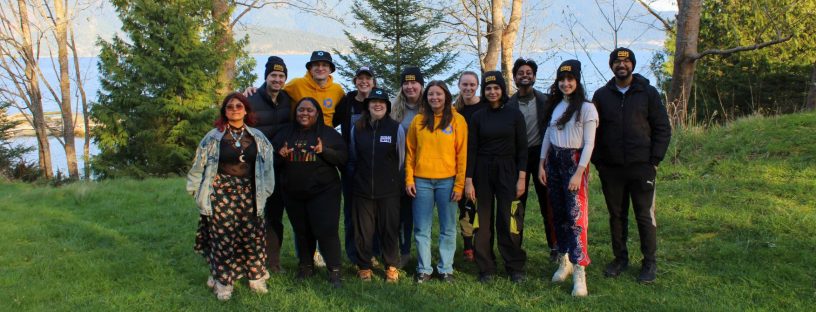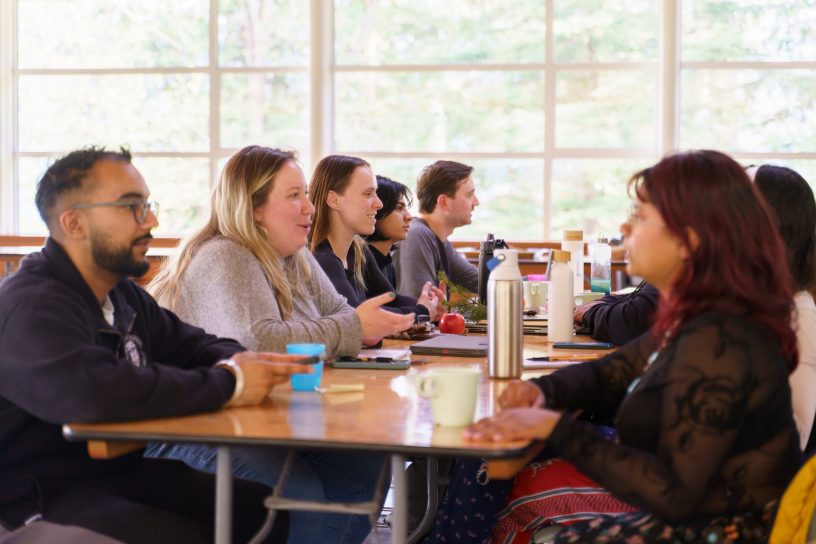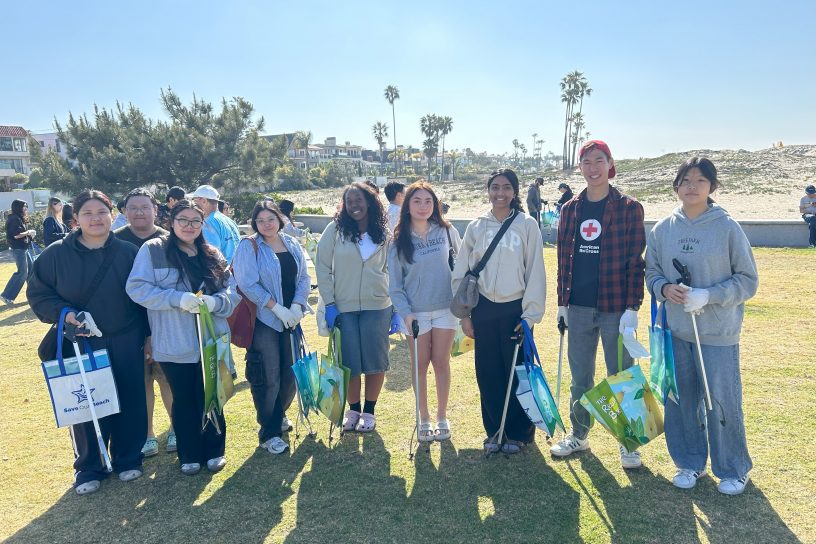What Can I Learn From My Neighbour?
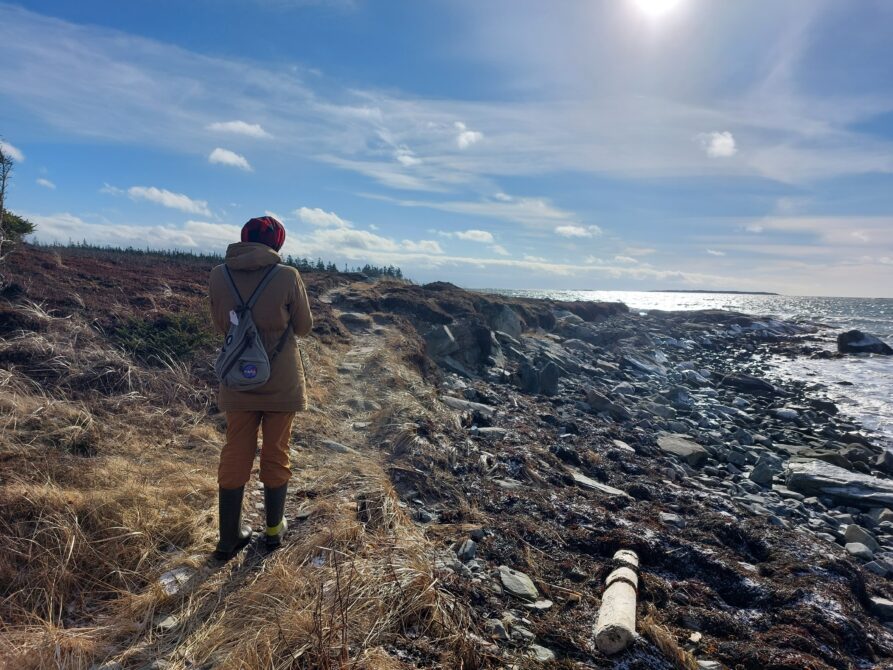
Direct Action Blog Post
by Michelle Matson
It is amazing to me that two people can be in the same place at the same time but see the landscape in completely different ways because of what they know and how they learned it. When I see a maple tree, I look for the flowers, seeds, buds, and leaves to understand what species I’m looking at, whereas someone else might see the makings of a beautiful dining room table. Someone new could then come by and view the same tree as a source of syrup. Every time I step outside my comfort zone and challenge myself to learn something new, I get the opportunity to see that maple tree from a new perspective.
Education is about gathering different lenses through which to view the world around you. You can obtain it from all the traditional methods of education like university, trade school, or art school, but you can also do it by learning from the people around you and the land you are on. That is what The Deanery Project is all about. The Deanery is an arts and environmental learning centre that brings people together from all corners of the community. The centre gathers all ages of activists, builders, fishermen, artists, and scientists to pose the question, “How can we learn from one another?”
My background is in ecology and environmental studies, and something I have always appreciated about this field is that many of the most knowledgeable teachers are naturalists and Indigenous elders. People who have intentionally observed the natural world for so long that they already know things that science has yet to discover. Institutions that facilitate teaching from these people with such a wealth of lived experience can be hard to come by. This is one of many reasons why The Deanery Project is such a valuable resource for communities on the eastern shore of Nova Scotia.
When I found out about the people who banded together ten years ago to transform an old rundown church camp into a welcoming community-based educational space, I decided that I needed to get to know these people better. My goal was to learn three skills from the vast network of people who support The Deanery Project, but after my three-month placement, I have come away with so much more than that.
One of the focus projects I worked on while at the Deanery was designing workshops for the March Break Teen Camp. I always thought that keeping a group of thirteen to seventeen-year-old students engaged in learning something new for three hours straight would be about as hard as it sounds. But Charles, the program director at the Deanery, made it look easy. He showed me that if you design workshops using a framework that engages people with the material in different ways then they can take away more from the experience.
The framework I liked the most was using the four elements: Fire, Water, Air and Earth. Fire represents action and physical movement, water is emotional connection, air is made up of thoughts and ideas, and the earth is the ground under our feet as we live and experience it all. No matter what type of workshop you’re facilitating, if you can use a couple of these elements, it creates an experience that is more meaningful.
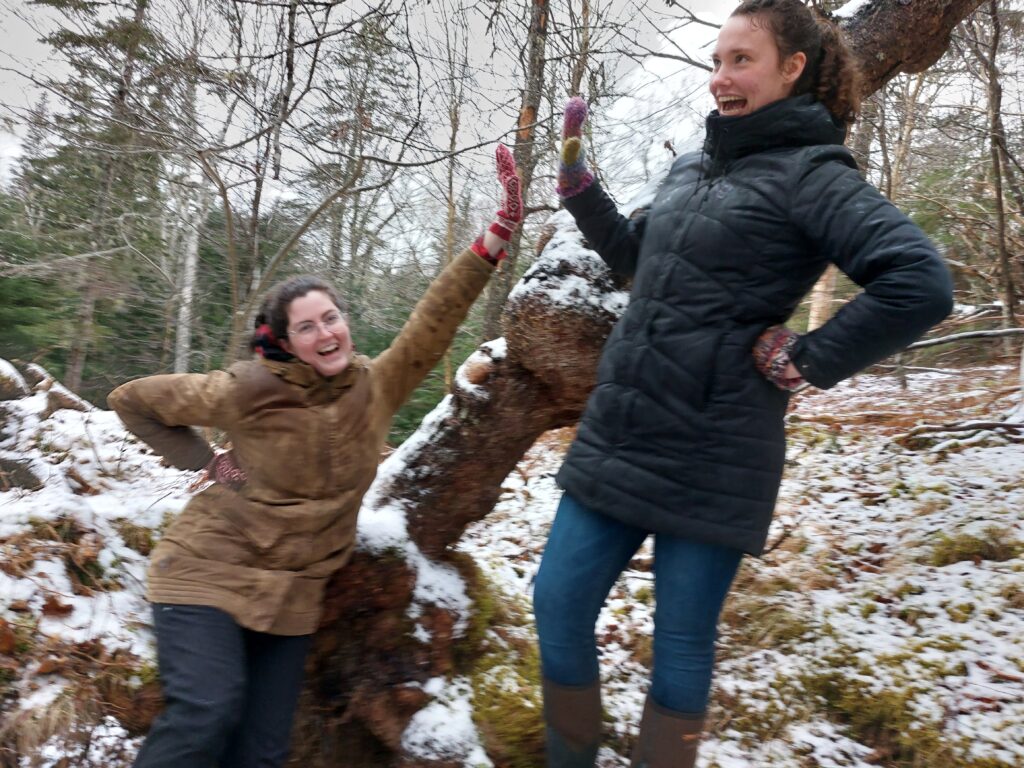
As part of the March Break workshop, we focused on upcycling and repurposing trash. For this, I partnered with a local artist, Jennifer MacLatchy (@jennifermaclatchy), who makes beautiful woven baskets, rugs and other art pieces out of marine garbage. Jenn spends much of her spare time kayaking the eastern shore of Nova Scotia, collecting all kinds of garbage that washes up on the shore and turns it into something beautiful and useful. We went out kayaking together and I didn’t even see half the garbage before she pointed it out. I have never imagined myself as an artist, but after spending a few months at the Deanery learning from Jenn, I found myself with a paint brush in hand repurposing a discarded bike wheel into a wall clock.
The staff at the Deanery provided me a wealth of knowledge that I’ll never forget. From Nat, the chef and caterer on site, who shared every recipe with me, to Lynne who lives just down the road from the Deanery and owns Sheep’s Clothing, a heritage knitting business. Lynne taught me how to turn the heel knitting a sock.
Kim made me reimagine the ways it’s possible to build a house. As the Executive Director of the Deanery, Kim’s expertise in natural building has infiltrated every corner of every building on the property. Kim explained to me that they found clay in the soil on their property, so I was fortunate enough to help mix dirt to build a functional earth floor in the Deanery’s sound studio.
Then there’s Tim, who shared some of the fascinating research he conducted during his long career working for Department of Fisheries and Oceans Canada and opened my eyes to some of the detrimental effects of certain methods of open pen fish farms on our ecosystems. Jim taught me that if you poke a hole in a maple tree, ready-made maple syrup doesn’t just come running out. I went from knowing nothing about maple syrup to tapping trees, collecting sap, and making my own. For the first time in a long time, living at the Deanery, I had the space and inspiration to be creative.
It’s hard to believe that over the course of only three months I connected with such a diverse group of people and gained so many new perspectives. I can only imagine what I could learn if I was here for much longer. At the Deanery I was spoon fed opportunities to connect with a new community who had experiences entirely different from my own.
With things like technology, pandemics, or even political and social differences getting in the way, it can be so easy to isolate yourself and walk by strangers on the street without smiling or saying hello. It’s easy, until you realize that there is someone living nearby who could teach you that thing that you have always wanted to learn, like how to turn the heel while knitting a sock. If the Deanery Project has taught me one thing, it’s the importance of the questions, “What can I learn from my neighbour? And what can they learn from me?”
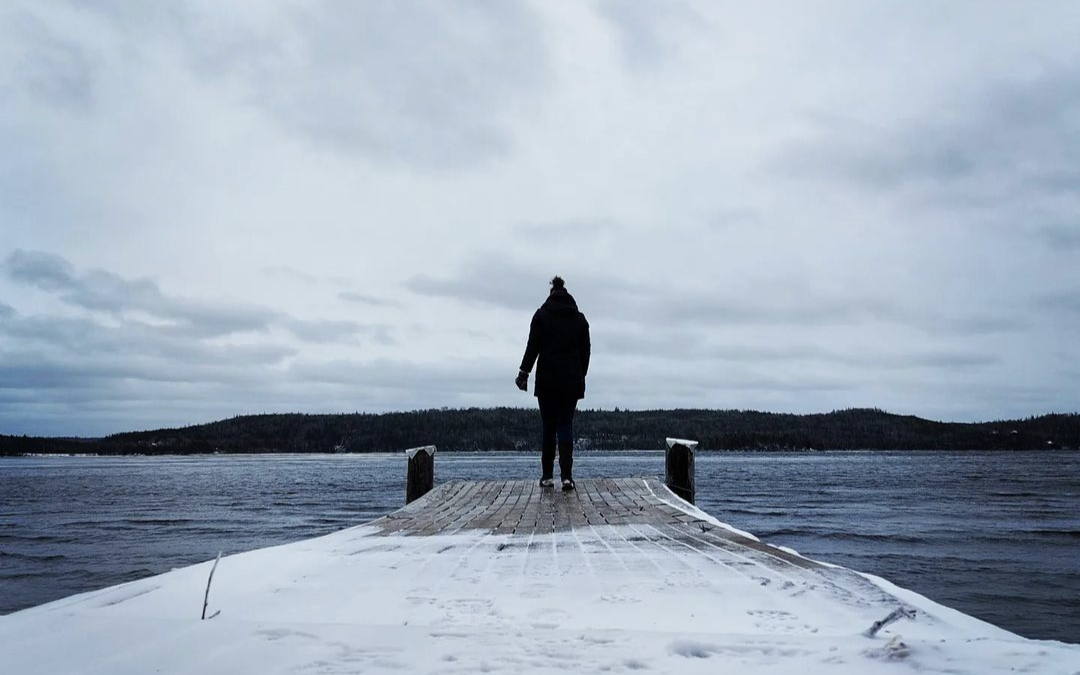
Michelle Matson is a Direct Action alum who completed her placement with The Deanery Project in Nova Scotia. Michelle was able to gain an abundance of new skills while immersing herself in the community during her time on the Atlantic coast.
In 2021, 160 young people (ages 18-30) formed Ocean Wise’s Ocean Bridge program. A national team engaged for eleven months in co-creating and delivering ocean and waterway service projects for their communities. Direct Action is an exciting immersive program for in-depth learning and youth engagement with oceanic and aquatic conservation efforts across Canada. This national service-learning program will connect Canadian youth and young professionals with experts in marine and aquatic conservation organizations, empowering them with experiences in direct marine and aquatic conservation initiatives, adventurous opportunities for fieldwork, professional research projects, and educational and outreach programs.
Posted July 15, 2022 by Alex Leroux
